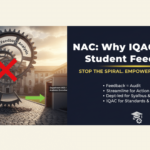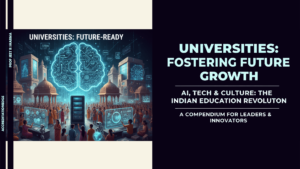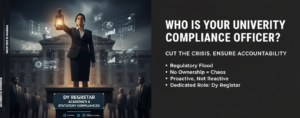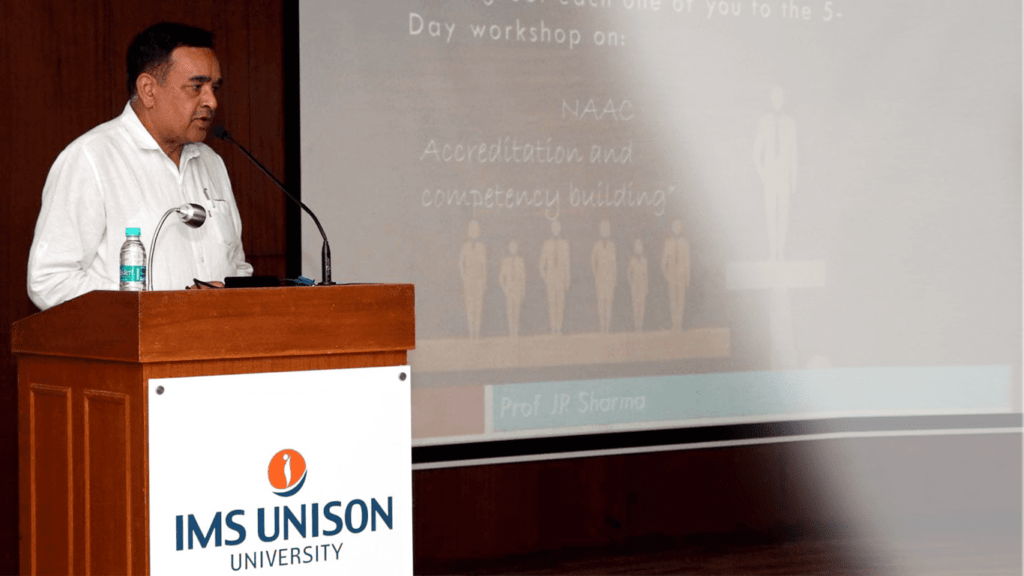- Well, there is no easy way. If you find an easy way, and is not unethical, please share with me too 🙂 In any case, why even think of a way that takes you to a new low in your conscious and demonstrated ability?
- Place trust in you. Recognise your innate abilities and ideate a topic in an area requiring further exploration, possibly, a futuristic, one that delivers on the societal good, impactful; one that is possibly patentable and highly citable.
- Don’t worry, if weapons in your own armoury are old and rusty. Doesn’t matter if your written communication has deep fissures. Simply, move out acquire and equip. Find out the source. Ask, does this research require you to do a field visit/survey, visit a research lab/data analytic lab/ behavioural lab/technical lab/business lab/clinical lab/ or a centre for excellence, (as required for advancing research idea). Do you need to go through relevant case studies, project reports, research reports by eminent researchers, library database, topic specific reports by global consultancy companies, journals, library reference books, e-books, archived research papers ? While you search, keep your mind open. You could well stumble upon your next research paper material or next to next. Book-mark. Well if you don’t do most of that stuff, you will end up writing only for a UGC Care journals, and that won’t be truly great.
- Who can support you? Maybe a known researcher (people help if you are humble), your mentor, a peer, a colleague and someone you rarely thought-your own librarian and librarian from other eminent institute. You will be surprised how a good librarian can pick up a relevant body of knowledge for you.
- Now plan your paper. Begin with an impactful ‘title’, engaging ‘abstract’, a ‘body’ with well-worded headings, ‘keywords’ for creating ‘backlinks’ for the subsequent digital promotion.
- Subscribe to an open source grammarly.com to improve your English content presentation. It helps. By all means, share your paper with topic experts and get value-addition before sending it for publication. This is done even by some of the leading researchers, world-wide.
- Analyse and present data, leveraging AI, Data Analytics (where possible). Use graphs, sketches, illustrations, tables, stats etc. These leave a positive impact on the reviewing peers, and that gets you a sure place in the top SCOPOUS journals.
- Write with an utter clarity articulating discussions, results, implications and the recommendations and there is no short-cut to that.
(to be read with my earlier blog on how to enhance citations)
—Prof JR Sharma












